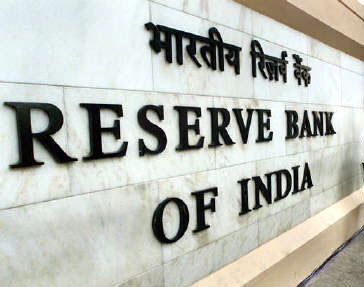RBI report on financial stability
Posted on: 21/Jul/2010 2:47:36 AM - No. of views : (2577)

According to a recent report released by the Reserve Bank of India (RBI). One of the key lessons from the global financial crisis for emerging market economies, including India, is the need to strike a balance between innovation and stability in financial sector reforms. The crisis, worst since the great Depression in terms of geographical spread and intensity. Indian experience underscores value of counter-cyclical regulations as a tool for crisis mitigation
The report on currency and finance, which reflects upon the global financial crisis of 2008 and seeks to draw an objective impact assessment, also pointed to the need to revisit and redefine the role of central banks and highlighted the need for market discipline and supervision to complement each other and the imperative for global economic coordination. Rajiv Ranjan, Director, RBI`s Department of Economic Analysis and Policy (DEAP) presented the report at a seminar organised by the RBI Bank Staff College. He pointed out that the newest crisis had been the worst since the great Depression in terms of geographical spread and intensity and the scale of impact global as a result of the enhanced financial linkages. He said that the sustained economic recovery would require re-orienting the supervisory approach and strengthening the regulatory and legal framework. The reforms under progress in various countries are being worked out on a wide canvas encompassing a revamp of the prudential standards, accounting practices and transparency norms.
The Indian experience post-recession also underscores the value of counter-cyclical regulations as an instrument for mitigation of crisis, he said. The RBI report has outlined the devising of a calibrated exit balancing growth and inflation and resisting direct or indirect protectionist measures to insulate domestic economies as important challenges for policymakers.







